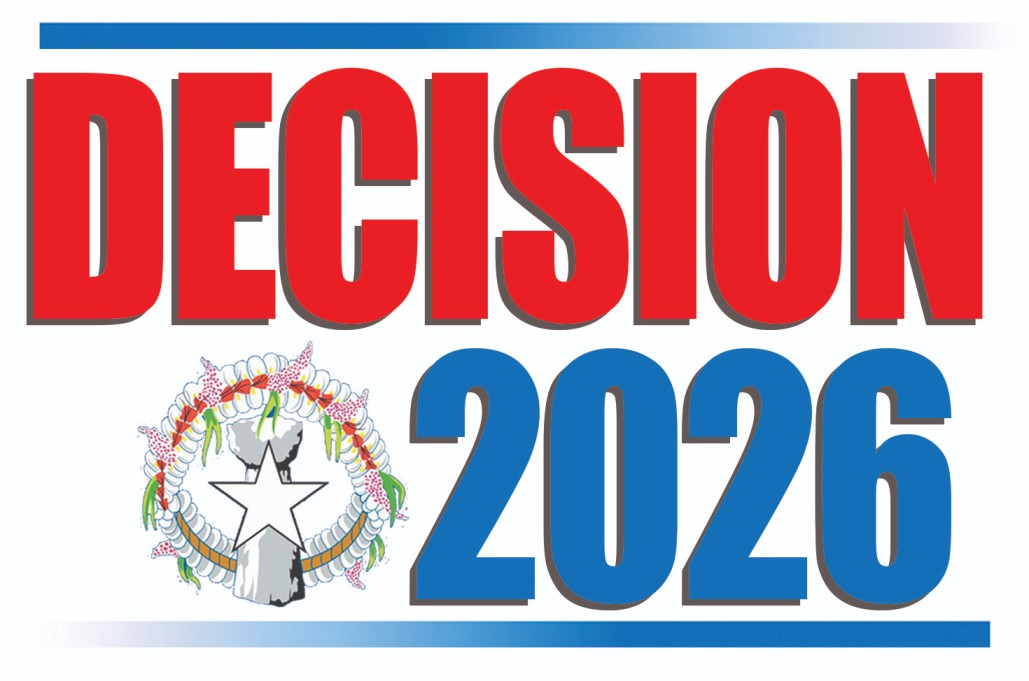SAYS the headline of a Wall Street Journal news story in May 2023:
“What Everyone — Except the U.S. — Has Learned About Immigration
“Washington remains divided over allowing more foreign workers while global rivals lower barriers to ease persistent labor shortages”
According to the Journal:
“Government actions to attract foreign nationals for skilled and unskilled jobs have spread from Germany to Japan and include countries with longtime immigration restrictions and some with a populist antipathy to streams of foreign workers.
“The U.S. remains an outlier. Hundreds of thousands of migrant workers have arrived through back channels, but the country isn’t openly welcoming more legal workers, despite the tight labor market. That hesitancy carries economic costs, including persistent worker shortages and wage inflation, according to economists and some U.S. officials.”
In the 38 largely affluent countries that make up the Organization for Economic Cooperation and Development, unemployment is at a record low 4.8%, the Journal reported. “These and other nations report a long list of open positions from truck drivers to baggage handlers to miners.”
Moreover, beyond “being needed to fill pandemic-driven labor shortages, migrant workers are in demand to fill the gap left by retiring baby boomers and declining populations, economists and Western officials say. ‘The labor forces of richer countries are hollowing out,’ said Michael A. Clemens, an economics professor at George Mason University.”
Citing United Nations estimates, the Journal said the working-age population in Europe and North America is expected to decline from 730 million to 680 million over the next two decades. “Such places as South Korea and Taiwan stand to lose more than half their workforce over the coming decades.”
The Journal noted that about “five million more people moved to affluent countries last year than left them, up 80% from prepandemic levels….” The Journal said it examined data from 10 countries that received most of the migration, including the U.S., Germany, the U.K., Canada, Australia and Spain. “Migration experts say it is the highest number ever reported. That total includes about two million refugees from Ukraine. Even excluding that surge, net migration was significantly higher than 2019 levels….”
In Germany, the government is “rewriting immigration laws to bring in more college graduates as well as blue-collar workers…. Canada announced plans late last year to take in nearly 1.5 million more migrants by 2025. Western Australia recently sent a delegation to the U.K. and Ireland to recruit tens of thousands of workers, including police, mechanics and plumbers.”
Spain, for its part, has “amended its laws…to allow more foreign workers from outside the European Union to fill blue-collar jobs left open by a shrinking working-age population. José Luis Escrivá Belmonte, Spain’s minister of inclusion, social security and migration, estimated that his country will need to add 300,000 foreign workers a year to keep the economy running and support the national pension system.”
In South Korea, there are plans to “admit 110,000 low-skill foreign workers this year to work in industries such as farming and manufacturing, up nearly 60% from last year’s quota. Japan, which is opening new visa paths for high-skilled foreign workers, announced in April plans to offer blue-collar workers — including those at factories and farms — a chance to extend their stay and even bring their families.”
The Journal noted that both Asian countries “have been longtime skeptics of immigration.”
As for the U.S., it hasn’t “made any significant immigration reforms in 33 years, and the last serious attempt in Congress dates back a decade or more. Few issues are so politically divisive in Washington, making any chance of a policy overhaul seem unlikely, according to immigration experts.”
But despite “restrictive immigration policies, migrants seeking work in the U.S. are finding jobs more quickly and at higher pay than at any time in recent memory. Tens of thousands of people crossed into the U.S. from Mexico illegally and were arrested over the past 10 days, while some 20,000 were detected by various forms of surveillance but not caught, the U.S. Border Patrol chief wrote on Twitter.”
The Journal said U.S. Border Patrol agents “made a record 2.2 million arrests along the Mexican border in the 2022 fiscal year, up from 1.65 million arrests in 2021. The migrant crossings were driven, in part, ‘because the U.S. economy is screaming out for their labor,’ said Mr. Clemens, an economist.”
As old as America
In her luminous book, “A Beginner’s Guide to America,” Iranian-American poet Roya Hakakian wrote that the U.S. is “a land of choice,” where you have the exquisite luxury of thinking and selecting “according to your own taste.” (She also noted, sagely, that “all bureaucracies are brainless, no matter how many oceans you cross.”)
In the U.S., she said, “anti-immigrant hostilities are as old as America herself.” She added, “Hating an immigrant community is America’s hazing ritual…. The whitest of whites have been hated, too….”
She asked, “Do you think today’s popular metaphor comparing immigrants to swarming pests is a new coinage? Or the fear that their invasive hordes will destroy the American way is unique to your time? [Benjamin] Franklin, the founding inventor, thought of it first.” He believed, among other things, that German immigrants were “lowlier than all the rest,” and that Russians, Swedes and the French were “unfit” to be Americans.
“America’s history of discriminating against the outsider has been an indiscriminate one,” Hakakian said. “Every race, every religion, even every class — no matter how powerful — has, at one point or another, been subjected to it.” Moreover, “newly resettled immigrants were no kinder to those who came after them, not even to their own.”
Throughout American history, she added, “the people who performed the hardest work this nation most needed were the most detested…. Every generation fights the influx of another ethnicity, until that ethnicity indelibly weaves its mark into the fabric of the community. Then they are treated as though they had always been there.”
“America’s mistakes are not few,” Hakakian said, “but…she has the ability to correct herself, and change course.”
Send feedback to editor@mvariety.com












